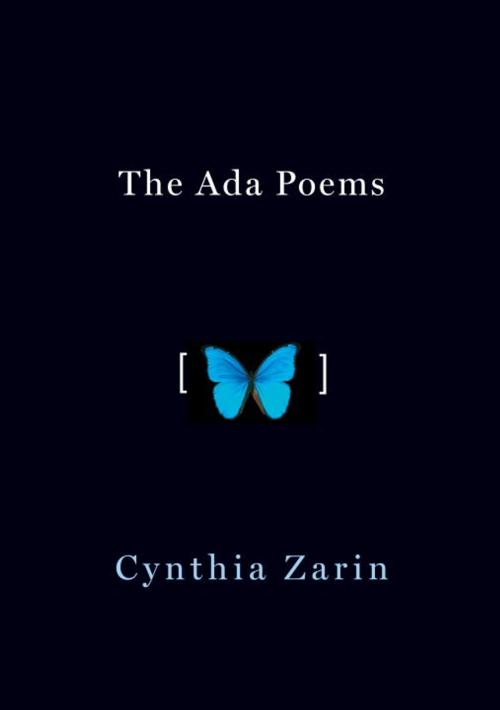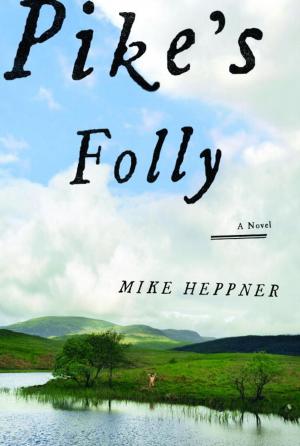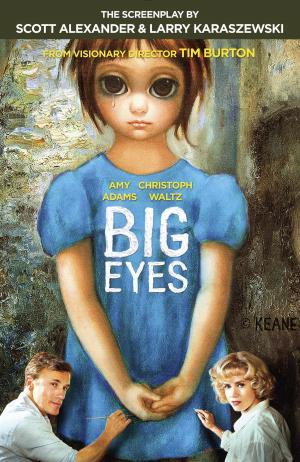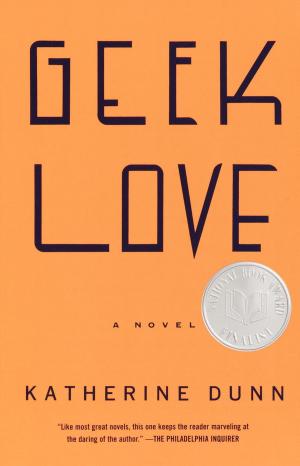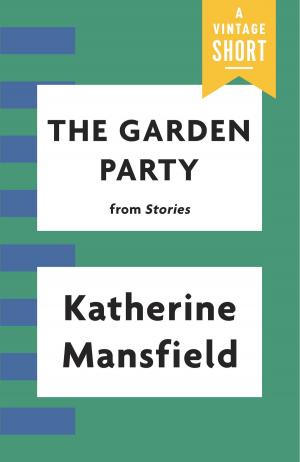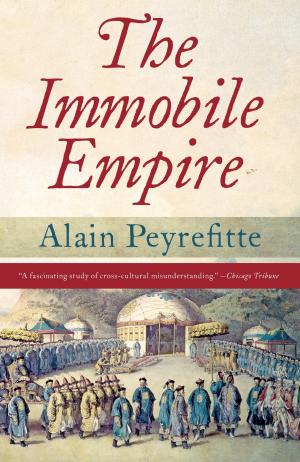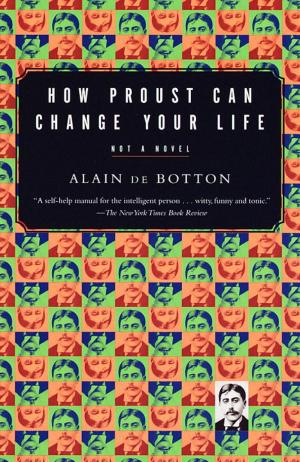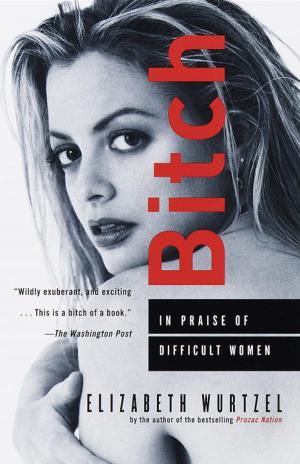| Author: | Cynthia Zarin | ISBN: | 9780307814951 |
| Publisher: | Knopf Doubleday Publishing Group | Publication: | August 15, 2012 |
| Imprint: | Knopf | Language: | English |
| Author: | Cynthia Zarin |
| ISBN: | 9780307814951 |
| Publisher: | Knopf Doubleday Publishing Group |
| Publication: | August 15, 2012 |
| Imprint: | Knopf |
| Language: | English |
A dazzling story of obsessive love emerges in Cynthia Zarin’s luminous new book inspired and inhabited by the title character of Nabokov’s novel Ada, or Ardor: A Family Chronicle, who was the lifelong love of her half brother, Van.
These electric poems are set in a Nabokovian landscape of memory in which real places, people, and things—the exploration of the Hudson River, Edwardian London, sunflowers, Chekhov, Harlem, decks of cards, the death of Solzhenitsyn, morpho butterflies—collide with the speaker’s own protean tale of desire and loss. With a string of brilliant contemporary sonnets as its spine, the book is a headlong display of mastery and sorrow: in the opening poem, “Birch,” the poet writes “Abide with me, arrive / at its skinned branches, its arms pulled / from the sapling . . . the birch all elbows, taking us in.” But Zarin does not “Destroy and forget” as Nabokov’s witty, tender Ada would have her do; rather, as she writes in “Fugue: Pilgrim Valley,” “The past’s / clear colors make the future dim, Lethe’s / swale lined with willow twigs.” Like all enduring love poetry, these poems are a gorgeous refusal to forget.
A riveting, high-stakes performance by one of our major poets, The Ada Poems
extends the reach of American poetry.
A dazzling story of obsessive love emerges in Cynthia Zarin’s luminous new book inspired and inhabited by the title character of Nabokov’s novel Ada, or Ardor: A Family Chronicle, who was the lifelong love of her half brother, Van.
These electric poems are set in a Nabokovian landscape of memory in which real places, people, and things—the exploration of the Hudson River, Edwardian London, sunflowers, Chekhov, Harlem, decks of cards, the death of Solzhenitsyn, morpho butterflies—collide with the speaker’s own protean tale of desire and loss. With a string of brilliant contemporary sonnets as its spine, the book is a headlong display of mastery and sorrow: in the opening poem, “Birch,” the poet writes “Abide with me, arrive / at its skinned branches, its arms pulled / from the sapling . . . the birch all elbows, taking us in.” But Zarin does not “Destroy and forget” as Nabokov’s witty, tender Ada would have her do; rather, as she writes in “Fugue: Pilgrim Valley,” “The past’s / clear colors make the future dim, Lethe’s / swale lined with willow twigs.” Like all enduring love poetry, these poems are a gorgeous refusal to forget.
A riveting, high-stakes performance by one of our major poets, The Ada Poems
extends the reach of American poetry.
